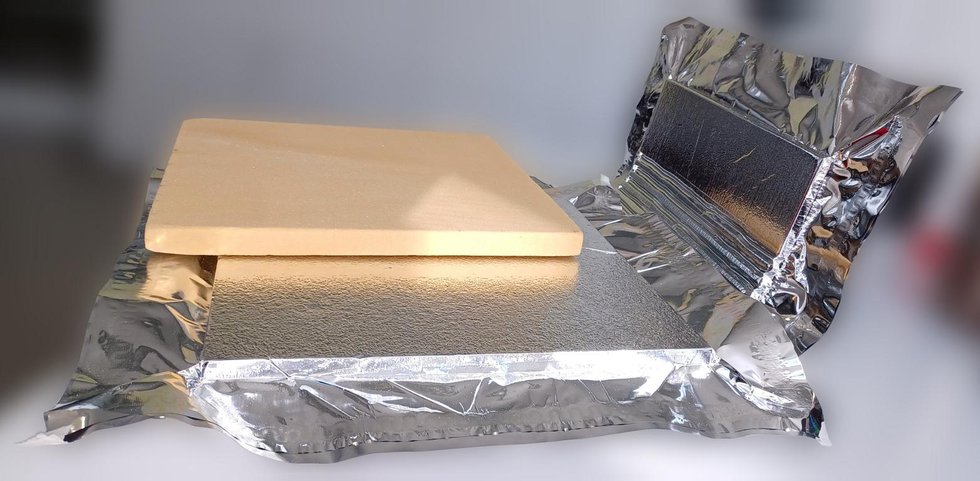Key Highlights:
- Cannon Afros LIFE VICORPAN Project is the development of energy-efficient and recyclable Vacuum-improved Insulation by CORe shaped PANels and it is going to bring improvements in the energy consumption of refrigerators, freezers and cooling cabinets.
- The improved VICORPAN design can now provide up to 17% lower heat transmission in commercial refrigerators and freezers compared with conventional PU foam insulation.
- The project is led by Cannon Afros, with co-funding from the European Union’s LIFE program in close cooperation with partners BASF Polyurethanes and EPTA.

Cannon Afros
Cannon Afros, part of the Cannon Group, is a supplier of dosing systems, mixing equipment, processing technologies and expertise for the thermal insulation of domestic and commercial refrigerators using polyurethane (PU) resin-based formulations.
The aim of the LIFE VICORPAN Project is the development of energy-efficient and recyclable Vacuum-improved Insulation by CORe shaped PANels and it is going to bring significant improvements in the energy consumption of refrigerators, freezers and cooling cabinets used in supermarkets, stores, restaurants with a direct sales function.
The project is led by Cannon Afros, with co-funding from the European Union’s LIFE program (LIFE20 CCM/IT001644), in close cooperation with partners BASF Polyurethanes bringing knowledgeable insulation chemistry for open cell foam-based vacuum insulation panel (VIP) solutions, and EPTA, a multinational industrial Group specialised and leader in commercial refrigeration and who will integrate the new VIP panels into its products.
“Cannon Afros has now developed new equipment to manufacture formable, extra-wide PU based VIPs, thereby expanding the scope of the project to better encompass large commercial fridges and freezers,” said Simone Bechi, R&D engineer and operations manager at Cannon Afros.
“Key to this significant advancement is the formability of the open-cell polyurethane core, which can now be shaped to meet manufacturers’ design requirements. Shaping the panels avoids the thermal bridges at the junctions of the top, bottom and side walls that greatly limit the energy efficiency of traditional VIPs. It also provides greater flexibility when inserting panels into the shell of cooling cabinets.”
VIPs with an open-cell polyurethane core have a lower density, greater flexibility and are much lighter than traditional glass-fibre based VIPs. The improved VICORPAN design can now provide up to 17% lower heat transmission in commercial refrigerators and freezers compared with conventional PU foam insulation.
The initiative has a high potential to reduce CO2 emissions of commercial refrigerators, contributing an essential percentage of the total energy consumption related to cold chain cycles. The project responds to policy goals related to reducing greenhouse gas emissions, energy efficiency, and recyclability, as well as the technical development of refrigerating appliances for domestic and commercial use.
The project encompasses panel assembly in refrigerator prototypes produced in Italy and France by the project partner EPTA, as well as testing their operational use and energy efficiency, thereby helping manufacturers meet higher categories of energy efficiency labelling in Europe.
First introduced for selected household appliances in 1994 and subsequently expanded in 2004, the EU energy label has been a key driver for helping consumers to choose products which are more and more energy efficient. The EU Energy Labelling (EU) 2019/2018 and Ecodesign (EU) 2019/2024 regulations, that establish the regulatory requirements for refrigerating appliances with a direct sales function (i.e. for commercial refrigerators), came into force in March 2021 and are giving a strong drive towards their efficiency. Both regulations are indirectly intended to promote innovation among manufacturers, to reduce the energy consumption and environmental impact of refrigeration equipment.
